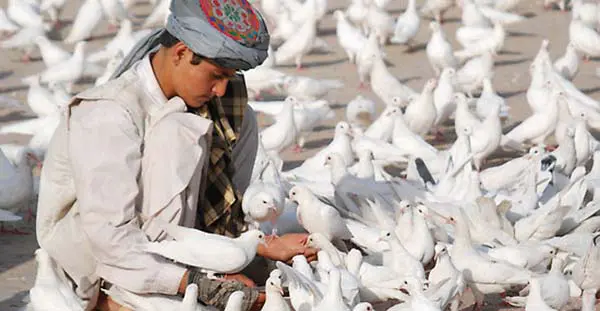Senior Afghan, Pakistani, U.S. and Chinese officials are scheduled to meet in coming days to explore ways for the revival of stalled peace dialogue between the Afghan government and the Taliban, a top Pakistani adviser has said.
The genuine efforts to facilitate the Afghan reconciliation were culminated with the "Heart of Asia" Conference in Islamabad on Dec. 9 when a quadrilateral process was agreed to restart the peace process.
Diplomatic efforts by the major stakeholders are necessary as concerns are fast growing for further intensified war if the Taliban declares their so-called "Spring Offensive" in late March or in early April.
There would be genuine concerns about the instability in Afghanistan if the peace efforts could not stop the Taliban's major offensive.
Senior Afghan leaders told participants of a non-official security dialogue process between Pakistan and Afghanistan in Kabul this week that there is a "window of opportunity" in the coming four months to push for the peace process to stop the Taliban's major attacks before the weather warms up.
Another important development for the possible resumption of the peace negotiations would be the upcoming visit to Kabul by the Pakistan's Army Chief General Raheel Sharif for key talks with top Afghan leaders.
Pakistani and Afghan officials have confirmed General Raheel is scheduled to visit Kabul before Dec. 30. Afghan leaders in reported comments have pinned hopes to the visit of the Pakistani army chief for the peace process.
Sources in Pakistan say that the army chief would be accompanied by military and intelligence officials and that their discussions will also focus on security cooperation and better border management.
The visit comes after a series of high level meetings in Islamabad that had one-point agenda about the role of Pakistan in the revival of the peace process.
Pakistan Adviser on Foreign Affairs Sartaj Aziz said in Islamabad this week that the meeting of the senior officials of the four countries will discuss a mechanism for the second round of dialogue between the representatives of the Afghan government and the Taliban."
The second round of the Pakistan-brokered was scheduled for late July. However, it was cancelled after the death of the Taliban supreme leader Mullah Omar, which forced the Taliban leaders to focus on transition instead of talks.
The meeting will take place few weeks after Pakistani, Afghan leaders and Chinese and U.S. ministers agreed early this month to "work together to create a conducive atmosphere that encourages Taliban groups to engage in meaningful and sustained negotiations. "
The understanding at a recent quadrilateral meeting is seen very important to end the deadlock in the incessant peace negotiation at a time where there is no let up in violence in Afghanistan even in winter, which is not a traditional season for fighting.
Taliban and Afghan forces have been involved in heavy fighting in southern Helmand province over the past few days that killed dozens of people. The Helmand fighting also prompted aerial strikes by the U.S.-led foreign forces, who had previously announced end to the combat mission in the war-ravaged country.
As the major stakeholders are set for an active role in the peace process, retired army generals, political leaders, members of the parliament and civil society in Pakistan and Afghanistan have also initiated a track-II process to throw weight behind the peace efforts.
The track-II diplomacy has always been helpful to promote dialogue between the two uneasy neighbours.
Organizers say key objectives of the "Track 1.5/II - Beyond Boundaries" are to expand the peace constituency through friendship groups in both countries, and improve support for better Afghanistan-Pakistan relationship through dialogue among the influential stakeholders and inform policy makers through consensus recommendations.
 简体中文
简体中文

